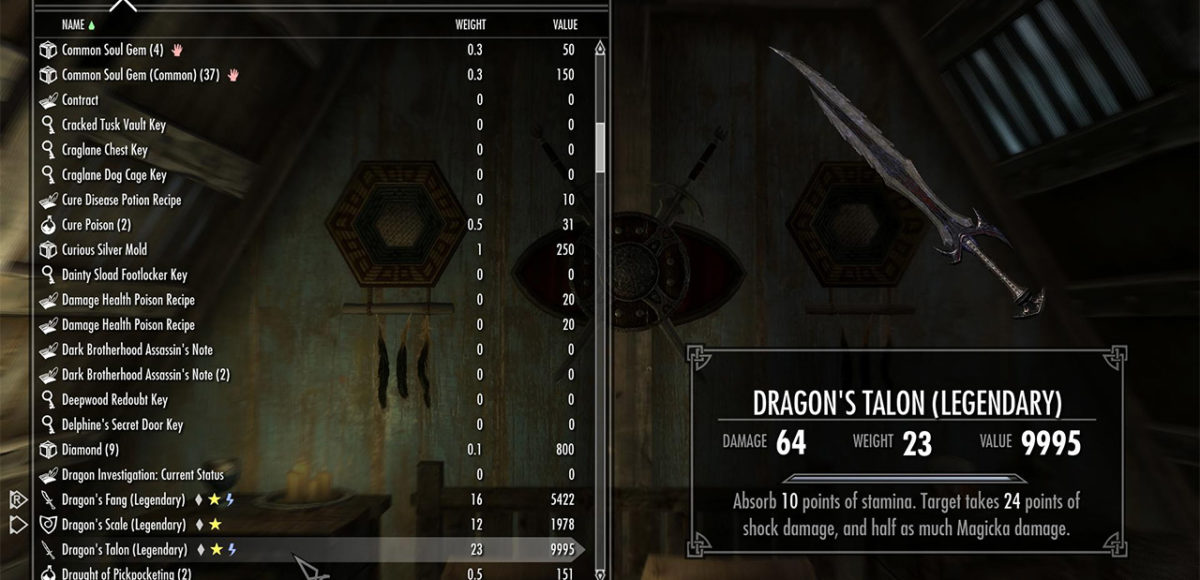The cost of modernization has driven people into cities where we earn increasingly isolated livings. A person feels as alone in their car crawling along in gridlocked traffic as they do on a crowded subway, headphones serving as a seal against the noise and the crowds. These and other daily necessities of city living result in our living distinct and disconnected lives, in which personal relationships suffer and are replaced with the alluring simplicity of surrounding ourselves with objects -both physical and virtual. Videogames fit this behavior neatly. Like Narcissus — who stared at his reflection for an eternity until he became a flower — gamers practice a form of self-obsession by proxy. We spend hours focusing on improving our virtual avatars and accumulating in-game possessions. This is reflected in all stages of play, from character creation, to armor upgrades, to in-game collectibles. As we build our avatars, we in turn build ourselves. If, as members of consumerist societies, we are urged to define ourselves by our possessions, it only follows that we interpret the possessions of our in-game avatars as extensions of our own identities.
What makes collecting trinkets in a game appealing? Why do we often prize and prioritize such an activity above its alternatives? In our lives there is very little that we can control. Only in games can we find some degree of fairness. Markets swinging a few percentage points in either direction can cost us our savings. People, in their endless complexity, can surprise and disappoint. Finally, time moves irrevocably forward, and the prospect of death stares at us both from a remove and around the corner at once. Games can usually be measured, and we can usually assume that effort put in will produce proportional and fair results. Even more importantly, games provide us with a sense of growth without needing to ever concretely supply evidence of it. By leaving a trail of breadcrumbs to follow, games offer us a kind of mental treadmill; a device with which to act out our need for self-improvement through rote accumulation. ….continue reading on Ontological Geek

